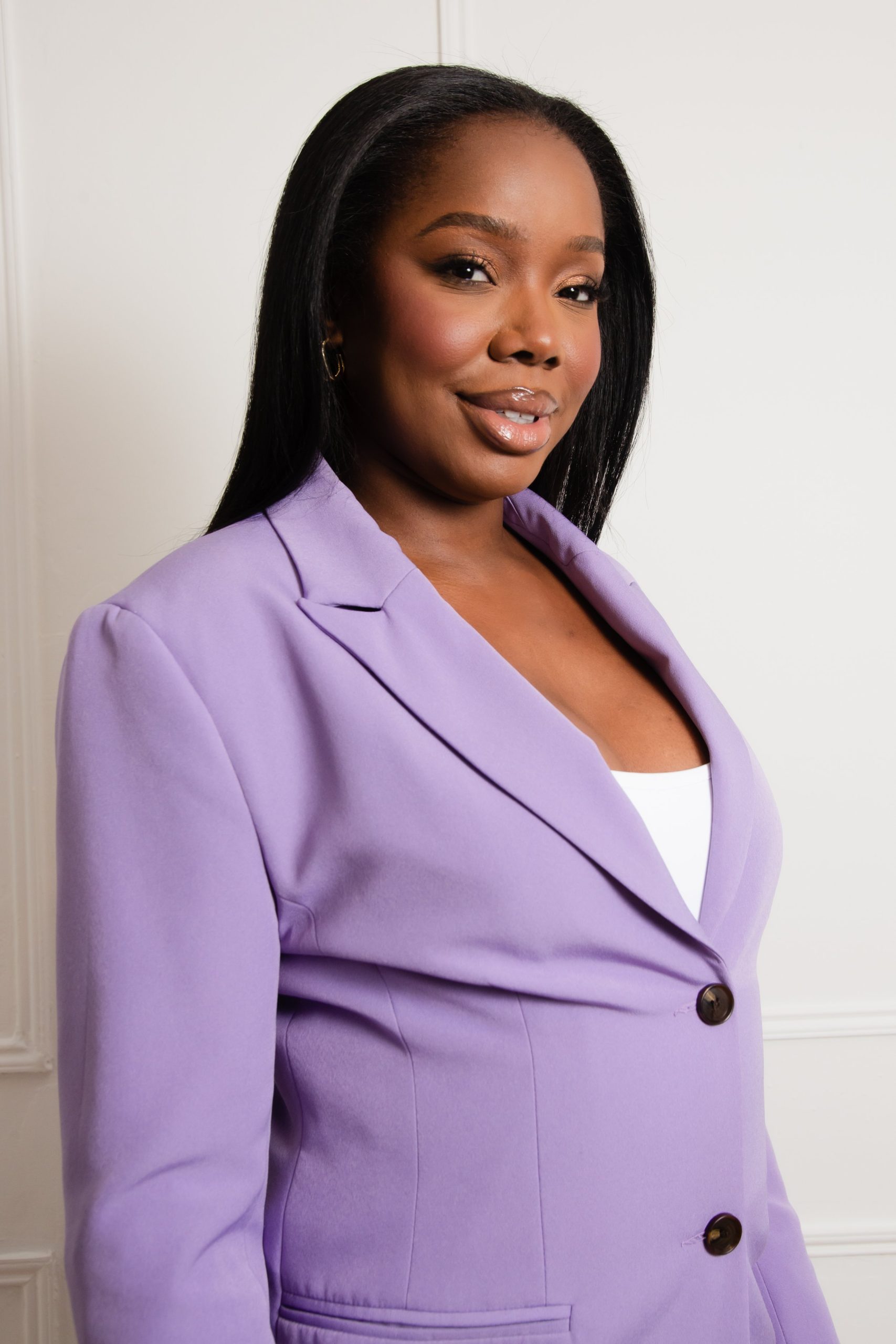‘Excuse me, what do you do for a living? How long have you been doing it for? And how much do you get paid?” Not the usual small talk, and yet it’s a conversation playing out over social media via a raft of TikTok and Instagram accounts dedicated to what’s termed salary transparency. Or what others might call asking strangers what they earn.
Typically the host walks up to someone in the street, phone camera rolling, and starts politely asking some very impolite (or so some consider) questions — which far more people than you may expect are happy to answer for the world to watch. These accounts have hundreds of thousands of followers, millions of likes and all-important engagement as strangers argue in the comments about whether people are being paid enough or too much, from the newly fledged PA on £27,000 to the weathered investment banker on “more than £500k”. The format is at once utterly mundane and completely compelling. So, what is keeping us hooked?
“It’s a bit of entertainment, it’s a bit of nosiness, but I’ve definitely also had lots of people reach out and say that my videos have helped them realise that they are being way underpaid,” Daniella Atkinson says. After starting out doing street interviews for a newspaper in Vancouver, she now does pay transparency interviews full-time (@daniella_atk on Instagram and TikTok).
“Having my first corporate job and trying to negotiate a salary I was really curious about what other people were making to be able to live here,” she says. “I remember it being a little bit of a shock in terms of how interested people were to speak about it.” Though 35 seems to be a cut-off point (she is 24). “I find that around that age is when people kind of shut down, maybe give a range or say ‘enough to live’. It’s definitely generational,” she says.
Still, you may think, it’s very un-British, what with our long-held taboo against talking about money — we are no Norway, where you can look up other people’s tax returns. Except, Aydan Al-Saad noticed that there was no UK equivalent of American mega-accounts such as @salarytransparentstreet. Since heading out on a freezing January day last year to start asking people what they earn, he now has more than 170,000 TikTok followers for @aydanalsaad.
He agrees that Gen Z are “much more open”, but sees broader change afoot. “When I go out on the streets, it’s usually about one in four people who stop and do the interview,” he says. “A year ago it would have been maybe one in ten.” The cost of living crisis could play a part — a recent report found that 63 per cent of employees are more likely to discuss pay with their colleagues because of inflation — but Al-Saad says there is “more understanding that transparency is a good thing” about everything from mental health to money.
Of course the internet has already enabled people to share their salaries with a host of strangers, from sites such as Glassdoor to sector-focused Google spreadsheets doing the rounds. But recently this trend has accelerated, from the female journalist who went viral on Twitter/X by announcing her salary along with her resignation (to ensure her successor was paid at least the same), prompting dozens of her followers to #share yoursalary, to a recent spate of newsletters where writers (mostly women) reveal what they make. Because women in particular can benefit from more transparency, being at the sharp end of a gender pay gap — at present 7.7 per cent for full-time employees in the UK.
“It just seems like British culture is very — how shall I say? — intentionally quiet about money,” says Bola Sol, a financial adviser and the author of How to Save It: Fix Your Finances. “A lot of us are starting to ask, whose benefit is that for?” She began sharing salaries on her Instagram, @bola_sol, after an online conversation about money in relationships had people sending her theirs. She tried an Instagram series on how people make six figures and the first post got more than a thousand likes. “Funnily enough”, that was her own story, she reveals now, though typically she keeps her sharers anonymous. Most are women, and many are women of colour “who, in general, consistently feel that they are underpaid in almost every industry” (in addition to the gender pay gap, the latest official data shows most minority ethnic groups continue to earn less than white British employees). “The motivation definitely is that they want to help other people.”

As someone who has certainly made career decisions after comparing notes with my peers, I know how knowledge can empower — and I’m not alone when I canvass other women. Jess, who works in PR, recently swapped salary information with a colleague who “did the same work, so it was hard for my managers to then come back when I questioned if there was a 25-grand difference in our performance”. Nicky, a lawyer, shared her salary with a friend, “which led her to realise she was being paid below market rate — and this ultimately led to a pay rise”. Meanwhile, Helen says being “very open” with her peers in publishing has “benefited us in terms of parity”. It is only women she has shared with so far, “but I know the only guy gets about 10k more”.
Which is why there’s an argument for asking people who aren’t your mirror image. Kate, an executive in tech, says: “I have hugely benefited from men telling me their salary, and been brokenhearted by it too, as they’re always earning more. I am eternally grateful to a male stranger in my new industry telling me a number when I was negotiating my pay.”
Even off social media, self-exposure is not without risks (though confidentiality clauses about pay can no longer be enforced if you are trying to find out if you are being paid fairly). A friend in TV says she shared her salary with “a colleague who was taking over my job, but when she pointed out to them I’d got more, they said, ‘Oops, we were paying her too much.’ ” Another, in the corporate world, says: “I shared my salary expectations with a woman at work hoping we would help each other and she didn’t reciprocate. It was so awkward.”
• Meet the women making investing in shares fun (and female)
You might wonder why any of this is even necessary. But although data from the job search engine Adzuna shows that ads with a salary receive six times more applications than those without, in April 2023 only about half (51.5 per cent) of UK job ads included a salary or salary range, down from 61.4 per cent a year earlier. According to Dr Duncan Brown, principal associate at the Institute for Employment, who finds the social media phenomenon “really interesting”, over the long term, pay scales have been increasingly ditched for more opaque performance or market-driven pay. “You could argue that the fact that employers are being so secretive is one of the reasons that’s driving employees to share themselves,” he says.
There are moves to enforce openness: in the US a number of states make companies disclose salaries on job adverts; while a new EU directive will mean employers having to provide information about pay before an interview and stop them asking about past salaries, to avoid enshrining existing pay gaps. The UK has yet to follow suit, but companies with more than 250 employees have to publish gender pay gap data.
So, how much can scrolling social media really help? In a way it is just a new way to do what we’ve always done, a new version of canvassing your mates in the pub, says Brown, who is cautious about how much we can rely on strangers who are self-selected, may not reflect our own roles or experience, and could have their own reasons for sharing an inflated figure. But with all those caveats noted, I, like many others, will still be watching — after all, where else can we learn that being a professional strongman pays “very little” but the perk of the job is “as much junk food as you want: wahey!”?
